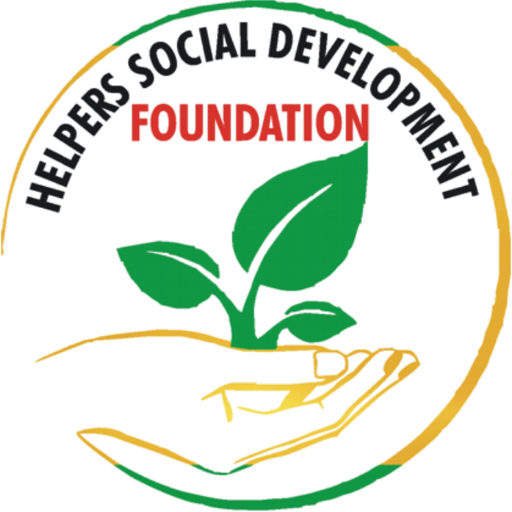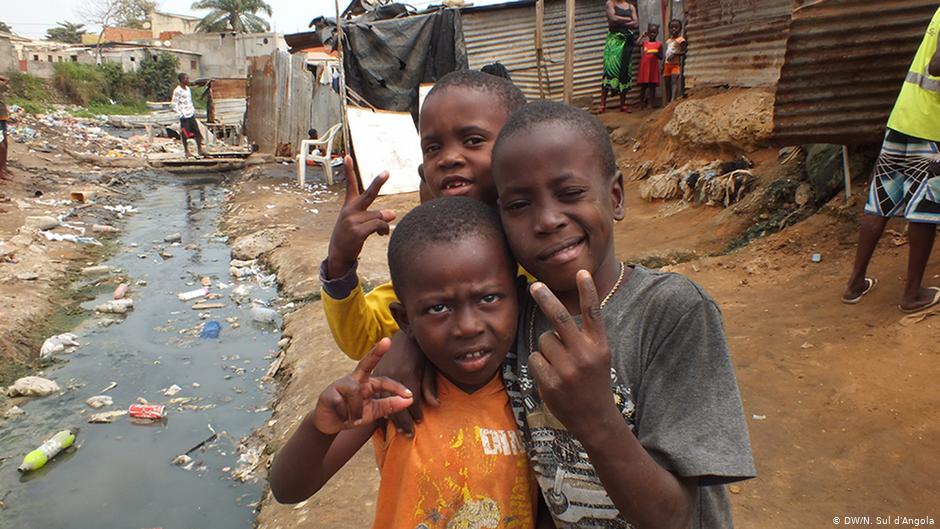Ways to give to alleviate poverty in Africa
Why is Africa in poverty?
According to International Futures (IFs), sub-Saharan Africa accounts for roughly 60% of the global population living in poverty in 2020 and it is expected that Africa will represent approximately 87% of the global poor by 2030. Africa is the world’s last frontier in the fight against extreme poverty. Today, one in three Africans – 422 million people – live below the global poverty line of living on less than $1 per day. They represent more than 70% of the world’s poorest people.
Best ways to give charities online

The most significant challenges for reducing poverty in Africa are found in just two countries; namely Nigeria and the Democratic Republic of Congo (DRC). Taken together, the 150 million citizens of these two countries represent more than one-quarter of total poverty in Africa today. This is expected to represent almost half of Africa’s poor by the year 2030. Even though Nigeria is expected to lift nearly 10 million of its citizens up to the middle class over the next decade, the absolute number of poor people in Nigeria will still increase by about 20 million due to rapid population growth.
Read Also: Covid-19 pandemic pounding on children’s education in Nigeria
The COVID-19 pandemic could push nearly 50 million more Africans into extreme poverty according to the African Development Bank. Before the pandemic hit, the bank estimated that the number of people living in extreme poverty could reach 425.2 million this year. But it revised that number to between 453.4 million and 462.7 million — an increase of up to 37.5 million. Nigeria could see the largest increase in people entering extreme poverty.
Nigeria could see an increase of 8.5 million to 11.5 million this year. Similarly, COVID-19 could set back progress in building human capital, as school closures will affect nearly 253 million students, potentially causing a loss in learning.
Nigeria is the top oil exporter in Africa, which has helped to create wealth related to crude sales that account for more than half of government revenue. However, a failure to diversify the economy and build much-needed transport and power infrastructure has hindered growth and the spread of wealth beyond the rich elite. Rapid population growth outstrips economic growth, which stands at about 2 percent. The United Nations estimates that Nigeria will have a population of 400 million by 2050.

Roughly half of Nigeria’s population – live in extreme poverty, according to estimates from the World Data Lab’s Poverty Clock. Around June 2018, Nigeria overtook India, a country with seven times its population, at the bottom of the table. Put in another context, if poor Nigerians were a country it would be more populous than Germany. Almost six people in Nigeria fall into this trap every minute.
Sub-Saharan Africa is home to more than 1 billion people, half of whom will be under 25 years old by 2050. This is a time when strategies need to be developed on how this increasingly younger generation will thrive in the future. Do we have the resources to feed these people? Do we have the resources to educate these people? An educated younger population will grow up to be an asset for different economies.
Why Helpers Foundation remains one of the top organizations helping the less privileged in Nigeria?
We, at Helpers Social Development Foundation, are trying to create a better future for Nigerians in general. According to the World Economic Forum, three things Nigeria must do to end extreme poverty are:
[1] Invest in girls’ education
[2] Invest in health and well being
[3] Expand economic opportunity and embrace technology
At HSDF, we have projects covering all three areas mentioned above. However, it will not be possible for us to execute these projects without your generous donations and partnership. Consider donating and partnering with us today and make a difference in the lives of the poorest of the poor.
Give to charity. No amount is too small to make a difference.

